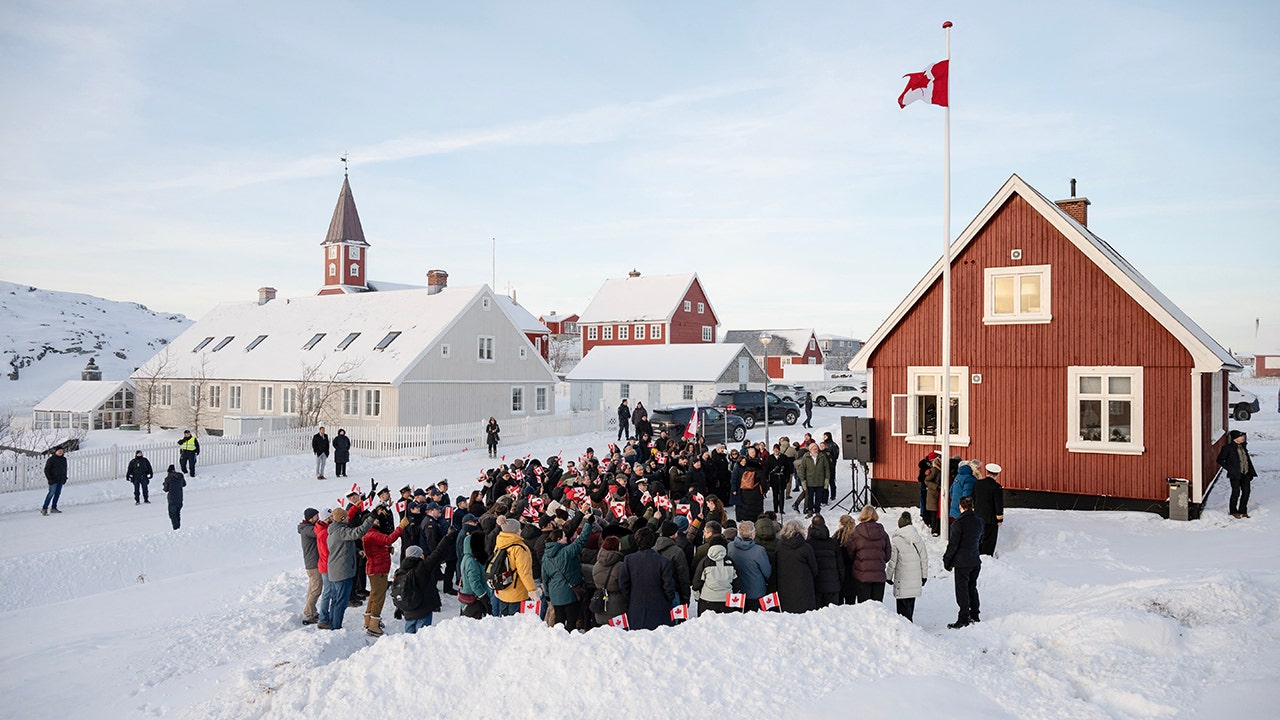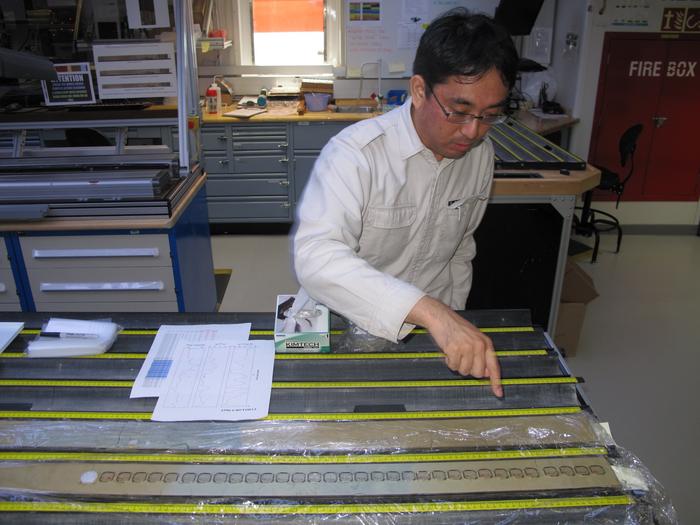Extreme heat is causing problems for farmers, firefighters and energy generation in Europe, showing why climate change adaptation should be taken seriously
Environment
21 June 2022
Staff members of the French Red Cross distribute bottled fresh water in Toulouse, France, as the country experiences a heatwave LIONEL BONAVENTURE/AFP via Getty Images)
Millions of Europeans have sweltered in an extreme and unusually early heatwave that has heaped pressure on energy systems, farmers and forests.
Temperature records have fallen around the continent, but particularly in western and central regions of Europe. France reached 40°C on 16 June – the earliest point in the year that this temperature has been reached since records began – and its southern seaside city of Biarritz hit an all-time high of 42.9°C. French authorities have banned some outdoor events due to the intense heat. The episode has echoes of June 2019 when a similar heatwave was found to have been made at least five times more likely because of climate change.
There were also record-equalling temperatures in Switzerland, and in Poland.
Parts of Spain exceeded 40°C over the weekend, with firefighters having to tackle wildfires across several regions. More than 2600 hectares of vegetation in Catalonia were affected by the blazes, satellite monitoring shows.
Germany has also been afflicted by wildfires and many cities, including Cottbus, saw temperatures above 39°C. In Italy, a farming group warned that food output was at risk from drought in the north of the country. Parts of the UK were warm enough to see heatwaves officially declared after temperatures passed local thresholds for three days in a row.
“This is quite early for these types of heatwaves, and it has taken a lot of people by surprise,” says Hannah Cloke at the University of Reading, UK. “It’s very clear that we’re still not ready for this type of heat. We should be much better prepared, because we’re expecting this type of thing to get worse [due to climate change].”
Cloke says short-term measures include people adopting strategies to make their homes cooler, because most housing stock in Europe isn’t suitable for such high temperatures. She lists shades for windows, insulation, dedicating a “safe cool room” by shutting doors to keep the heat out, and using water to cool yourself down.
She also backs awareness-raising ideas, such as naming heatwaves like the UK does for storms. Seville in Spain has already begun naming heatwaves. “We know that it makes people sit up and take notice, because it conveys this sense of danger, it kind of personifies it and makes it real,” says Cloke.
Longer term, Cloke says major changes will be needed to infrastructure to stop roads melting and railways buckling, and shifts will be needed to ensure new houses are built to cope with heat. Moreover, she says much more serious action is needed to curtail the greenhouse gas emissions driving climate change. “We need to stop burning fossil fuels,” she says.
Europe’s heatwave is testing energy systems, with France’s EDF Energy warning that nuclear power output – reliant on water for cooling – will fall as river levels drop. Gas power stations were fired up in Spain to meet a spike in demand for air conditioning amid a period of low power generation from renewables.
The heat in many countries began rising just as climate change negotiations were wrapping up in Bonn, Germany, on 16 June.
More on these topics:



























































